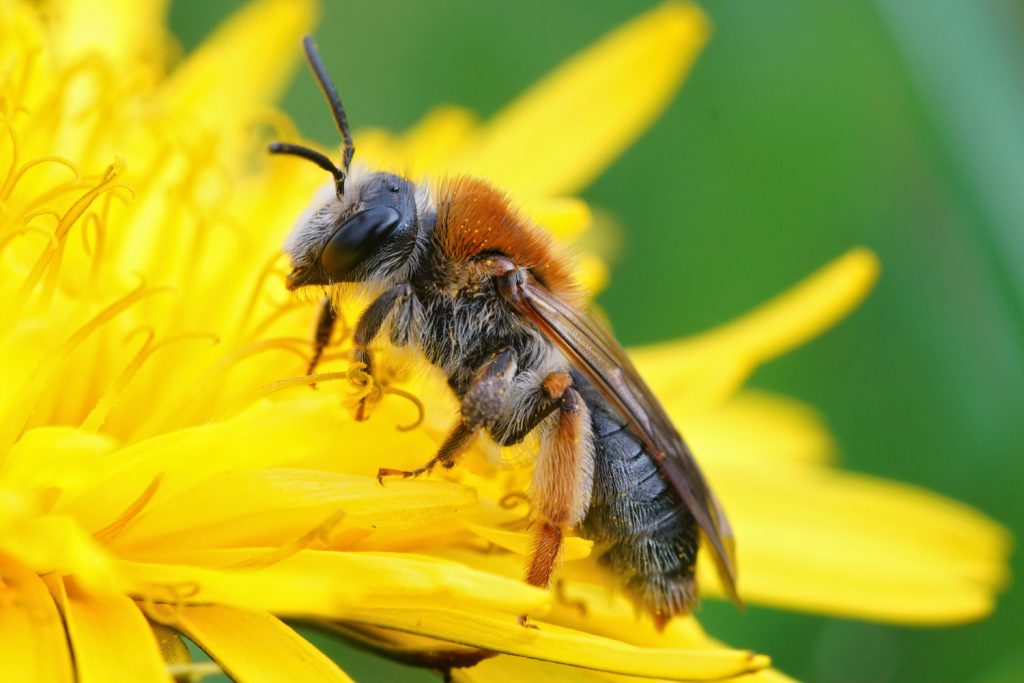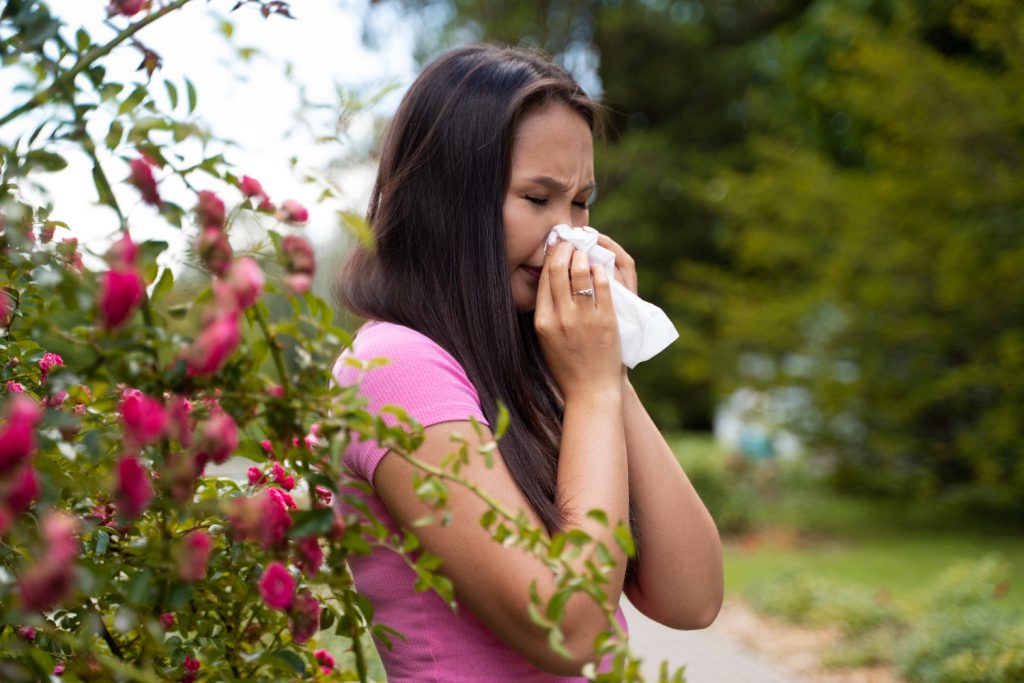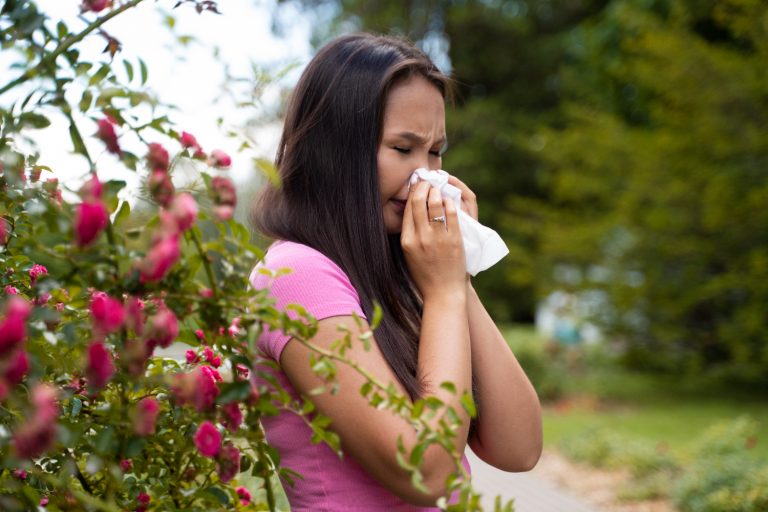Allergies are an unusual immune response to safe substances, such as flower pollen, cat saliva, or components of medications. They manifest as skin, systemic reactions, or respiratory tract signs, with symptoms ranging from minor and discomforting to life-threatening.
The most common symptoms of an allergic reaction are redness, itching of the skin and eyes, nasal congestion, and lacrimation. Quincke’s edema and anaphylactic shock are life-threatening.
Causes of allergies
The development of pathology is influenced by heredity: if a person’s close relatives had allergic reactions, then he is in the risk group. However, the probability of developing the disease increases under the influence of external factors, among which are constant stress and unfavorable ecology.
Causes provoking the development of allergic reactions:
- Aggravated heredity;
- pathologic course of the mother’s pregnancy;
- acute respiratory infections suffered in childhood;
- infection with helminths;
- constant consumption of the same foods (over time, they may develop an allergy);
- excessive consumption of products that provoke allergic reactions;
- taking certain medications (antibacterial agents, antidepressants, analgesics and others);
- insect bites, such as flies and bees;

- Improper lifestyle (alcohol abuse, physical inactivity);
- living in areas with poor ecology (inhabitants of large cities are more likely to suffer from allergies than people living in villages);
- working in production with paint or harmful chemical compounds;
- presence of dust and mold in the apartment, as they act as allergens;
- presence of animals at home (their saliva, hair, etc. are allergens);
- application of cosmetics or treatment with preparations containing plant components (herbs, flowers or plant extracts);
- stressful influences, poor psychological climate at work or in the family;
- certain diseases that affect the state of immunity, such as HIV infection.
Allergic reactions occur even in the sun and frost. As a rule, it is expressed in the form of a reaction on the skin: redness, itching and rashes.
Pathology occurs because the immune system mistakenly believes that a harmless substance is dangerous, and attacks it. In this case, allergies can be caused by any food product, even harmless, such as zucchini.
Types of allergies
Based on what led to an allergic reaction, distinguish types of allergies:
- Food. Expressed in an incorrect reaction of the body to food products.
- Domestic. Develops from contact with animals, mold, dust mites, household chemicals, fabric components, cosmetics.
- Pollen. Conditioned by a protective reaction to plant pollen.
- Medicinal. Occurs with the use of certain drugs.
- Ingestion. Appears with the penetration of insect saliva into the blood after a bite.
Depending on the signs of pathology, there are different forms of it, for example, anaphylactic shock, allergic rhinitis.
Allergy prevention
It is impossible to cure the disease, but you can improve the quality of life if you follow the doctor’s recommendations. If you are prone to pathology, you need to:
- Consume new food, use cosmetics, starting with small doses;
- Regularly do wet cleaning, ventilate the room;

- If you are allergic to pet hair or dander, limit their access to the bedroom and other rooms where you spend a lot of time. Washing your pets and cleaning the room regularly will also help reduce allergens.
- Use ionizers to purify the air;
- Pay attention to houseplants. If the soil is covered with yellow or white plaque, it is advisable to enrich the soil with antifungal agents or get rid of the plants;
- Put covers on mattresses and pillows to protect them from dust mites;
- Administer B and C vitamins to strengthen the immune system. Vitamins can be taken in the form of pills or in foods. Large amounts of these vitamins contain rose hips, lemons and oranges.
- Use hypoallergenic products. Choose hypoallergenic options for household chemicals, cosmetics and personal care to minimize the risk of allergic reactions.
- Reduce exposure to pollen. During the blooming season, it is advisable to stay indoors during dry and windy weather when pollen concentrations in the air are at their highest. Using air conditioners instead of open windows will help limit pollen penetration into the home.
- Use hypoallergenic products. Choose hypoallergenic options for household chemicals, cosmetics and personal care products to minimize the risk of allergic reactions.
It is not worth giving up potentially allergenic foods, as by severely narrowing the diet, products will be scarce and there is a risk of becoming allergic to them.
Prevention of seasonal allergies
Many people experience a specific allergy in the spring – rhinitis. Rhinitis is an allergic reaction to the blooming of grasses, plants and some trees. Rhinitis affects not only the eyes and skin, but also the cardiovascular system, digestive tract and nervous system. It is important to realize that today there is no method that cures the body of rhinitis, but there are various medications that can reduce the symptoms.

To avoid acute allergic reactions, observe the following rules:
- Carrying out specific immunotherapy, which reduces the body’s sensitivity to allergens.
- Introducing B and C vitamins into the body to strengthen the immune system. Vitamins can be consumed in the form of tablets or in the form of foods. A large amount of these vitamins contains rose hips, lemons, oranges and so on.
- During the period of active flowering of plants, it is desirable to stay at home.
Conclusion
Allergies are a serious problem that can significantly impair the quality of life, but proper prevention and competent treatment can reduce the risk of acute reactions and increase the comfort of everyday life. It is important to remember that allergies are not a verdict, but a disease that you can learn to cope with. Following the recommendations of experts, correctly choosing products, care products and creating favorable conditions in the house, you can minimize the impact of allergens and prevent the development of severe reactions. It is important to consult a doctor in time to find the most effective treatment and prevention methods.





